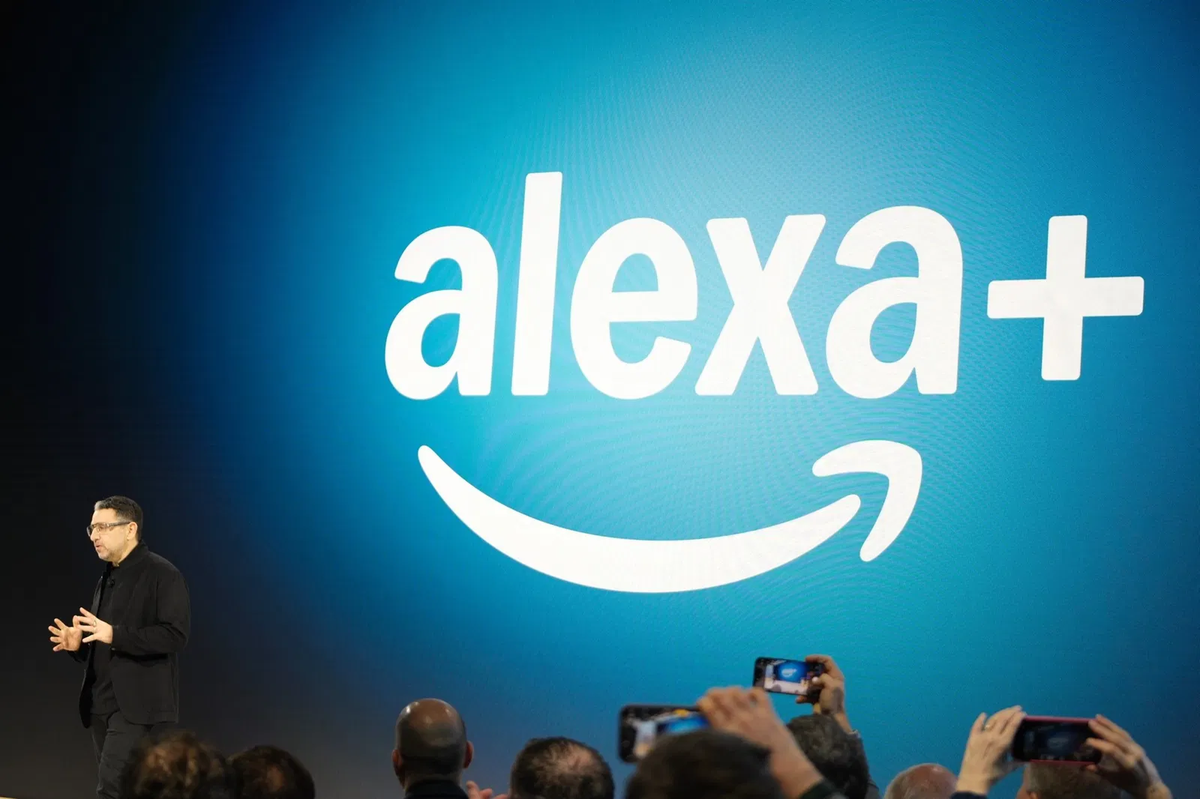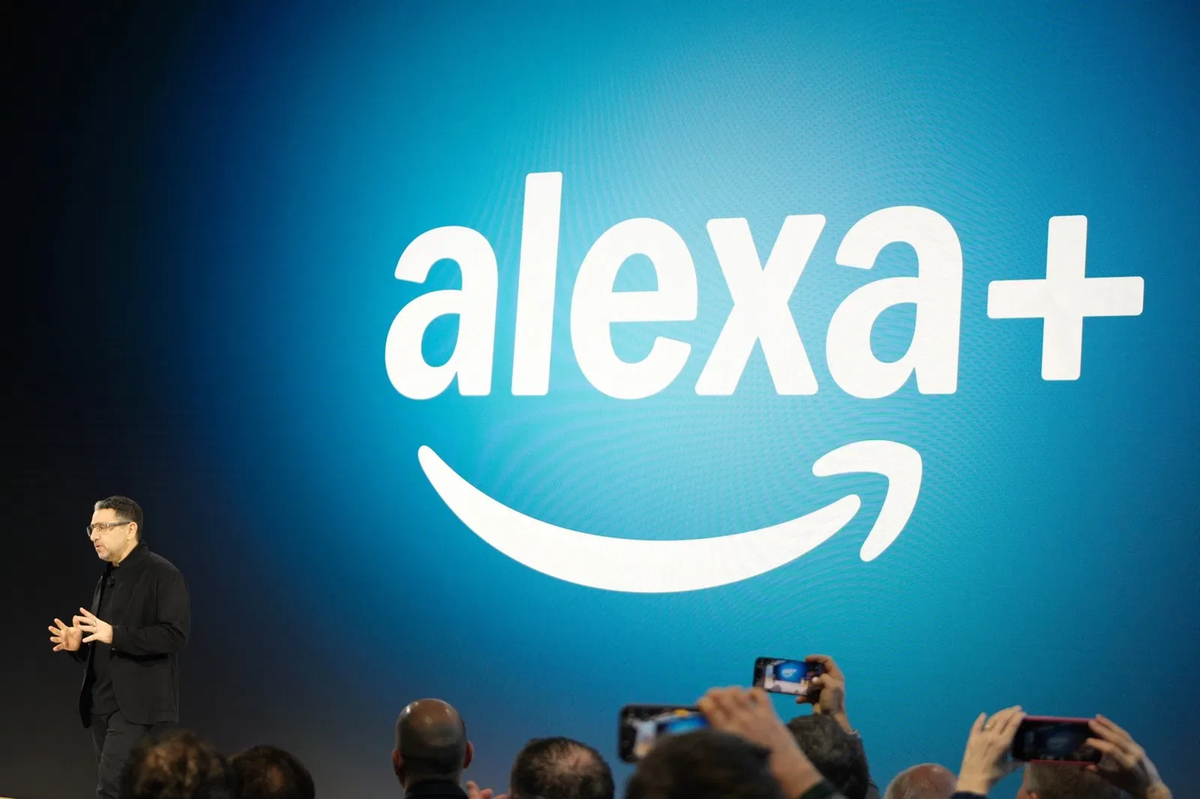ChatGPT Gets a Coding Sidekick: Meet OpenAI’s Codex AI Agent
ChatGPT Gets a Coding Sidekick: Meet OpenAI’s Codex AI Agent
OpenAI is pushing the boundaries of artificial intelligence once again with its latest “low-key research preview”: Codex, an AI coding agent designed to integrate directly with ChatGPT. This isn’t just another incremental update; Codex is being positioned as a potential game-changer, a virtual coworker for engineers aimed at streamlining the coding process. Available initially to ChatGPT Pro, Enterprise, and Team subscribers, Codex promises to transform how developers interact with code. Let’s dive into what Codex is and what it means for the future of software development.
What is Codex?
Codex is an AI agent built by OpenAI with the specific purpose of assisting developers with coding tasks. Think of it as a highly intelligent pair programmer that understands natural language and can translate it into functional code. It leverages OpenAI’s powerful language models to generate code, debug errors, and even suggest improvements to existing codebases.
Key Features and Capabilities:
- Natural Language to Code Generation: Codex’s core functionality lies in its ability to understand natural language instructions and convert them into working code. This allows developers to describe the desired functionality in plain English, and Codex will attempt to generate the corresponding code.
- Bug Fixing and Debugging: Codex can analyze code for errors and suggest fixes. It can also run tests within a sandboxed environment to identify potential issues before deployment.
- Code Suggestion and Improvement: Beyond just generating code from scratch, Codex can also analyze existing code and suggest improvements, optimizations, and alternative approaches. This can help developers write more efficient and maintainable code.
- Sandboxed Execution: To mitigate security risks, Codex operates within a sandboxed environment, preventing it from accessing the internet or other sensitive resources. This ensures that any code generated or executed by Codex remains isolated and doesn’t pose a threat to the system.
Codex as a Virtual Coworker
OpenAI envisions Codex as more than just a code generator; they see it as a true virtual coworker for engineers. Josh Tobin, OpenAI’s research lead for agents, emphasized this during a recent press call. The goal is to create an AI assistant that can handle routine coding tasks, allowing developers to focus on more complex and creative problem-solving.
How Codex Works in Practice:
Imagine you’re building a web application and need to implement a specific feature. Instead of writing the code from scratch, you could describe the feature to Codex in natural language. Codex would then generate the code, run tests to ensure it works correctly, and even suggest improvements based on best practices. This can significantly speed up the development process and reduce the amount of time spent on repetitive tasks.
The Integration with ChatGPT:
Codex is currently integrated into ChatGPT’s web app, making it easily accessible to subscribers. This integration allows developers to seamlessly switch between natural language conversations with ChatGPT and code generation and analysis with Codex. The combination of ChatGPT’s language understanding capabilities and Codex’s coding expertise creates a powerful tool for software development.
Security Considerations
Given the potential security risks associated with AI-powered coding tools, OpenAI has taken steps to ensure that Codex is used safely and responsibly. The key measure is the sandboxed environment in which Codex operates. This prevents Codex from accessing the internet or other external resources, limiting its ability to interact with the outside world.
Future Developments:
While the current version of Codex is impressive, OpenAI has plans to further enhance its capabilities in the future. One key area of focus is extending the amount of time Codex can work in the background. Currently, Codex can operate for up to 30 minutes at a time. OpenAI plans to increase this limit, allowing Codex to handle more complex and time-consuming tasks.
The Future of AI-Assisted Coding
The release of Codex marks a significant step forward in the field of AI-assisted coding. While it’s unlikely to replace human developers entirely, it has the potential to significantly augment their capabilities and streamline the development process. As AI models become more sophisticated, we can expect to see even more powerful and versatile coding agents emerge.
Potential Benefits of AI Coding Agents:
- Increased Productivity: AI coding agents can automate routine tasks, freeing up developers to focus on more complex and creative work.
- Reduced Errors: By analyzing code and suggesting improvements, AI coding agents can help reduce the number of errors and improve the overall quality of software.
- Faster Development Cycles: AI coding agents can accelerate the development process, allowing teams to deliver software faster and more efficiently.
- Lower Development Costs: By automating tasks and reducing errors, AI coding agents can help lower the overall cost of software development.
Challenges and Considerations:
- Security Risks: AI coding agents must be designed and implemented with security in mind to prevent them from being exploited for malicious purposes.
- Bias and Fairness: AI models can be biased, leading to unfair or discriminatory outcomes. It’s important to ensure that AI coding agents are trained on diverse and representative datasets to mitigate this risk.
- Ethical Considerations: As AI coding agents become more powerful, it’s important to consider the ethical implications of their use. For example, how should AI coding agents be used to ensure that software is developed in a responsible and ethical manner?
Conclusion
OpenAI’s Codex represents a bold step towards a future where AI plays a more prominent role in software development. By providing developers with a powerful AI assistant, Codex has the potential to transform the way software is created and maintained. While challenges and ethical considerations remain, the benefits of AI-assisted coding are undeniable. As AI technology continues to evolve, we can expect to see even more innovative and transformative applications emerge in the years to come. The arrival of Codex signals a new era for developers, one where AI and human ingenuity work hand-in-hand to build the software of tomorrow.
Source: The Verge



